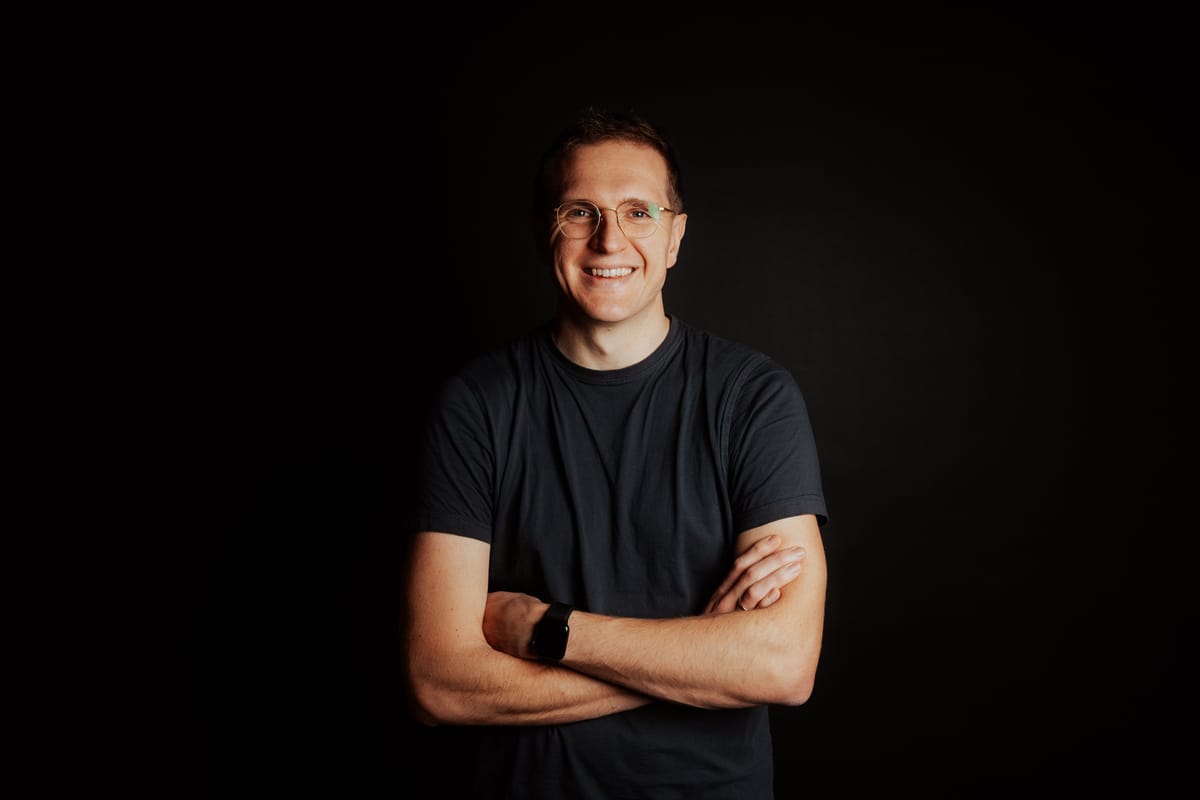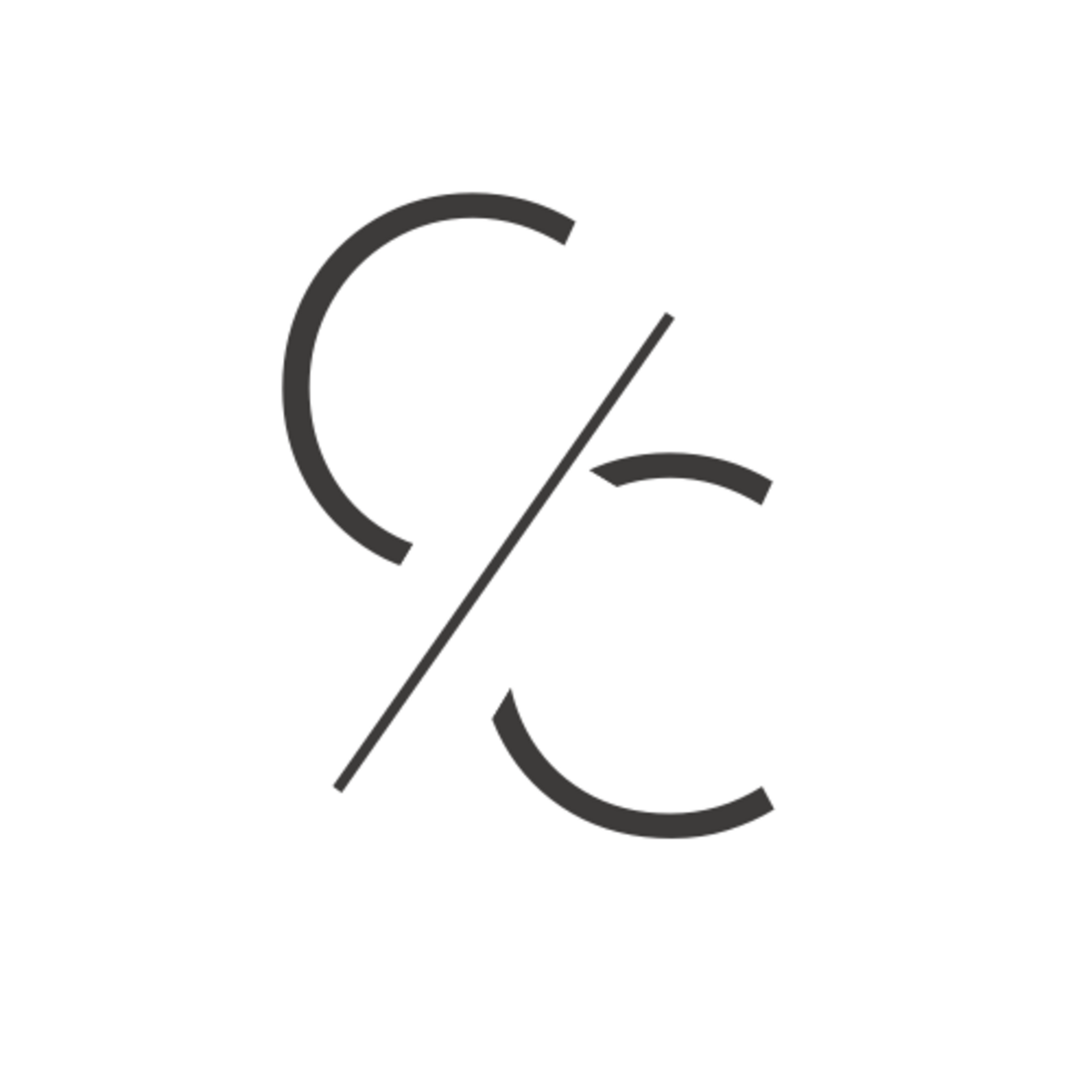This is a guest post by Mathias Meyer, co-author of the recently published book “The Intentional Organization,” in which he and his co-author and business partner Sara have accumulated an approach to leadership where sweating the small stuff pays off dividends over time, continuously improving teams and the leadership journey. They advocate for intentionality in all aspects of leading teams and running a business, including taking time out of otherwise busy days, time to reflect, improve, and learn.
I love this perspective from Mathias, whom I deeply respect as a collaborator for years, a fellow facilitator for leaders, and an author.
Enjoy. — Julius
What you'll learn:
The psychological trap that makes "busyness" feel like control (and why it’s an illusion).
A simple framework for scheduling “Intentional Voids” to reclaim your highest-leverage thinking.
How to break the cycle of learned helplessness that keeps your team dependent on you.
The Story
When I was a co-founding CEO and later a CTO, I had one cardinal rule for making big decisions: I put at least one shower between the proposal and the final commitment.
A decision that could cost hundreds of thousands of Euros shouldn't be made on a whim. More importantly, a shower is one of the last places where we can truly disconnect. There are no notifications, no apps pulling your attention away. The motions are intuitive, freeing the mind to wander.
My other sanctuary for deep thought is a long walk with no destination. But even that has been compromised. We walk with phones in hand, pulling, refreshing, checking up on work. Any distraction resets the clock on the 30-45 minutes it takes for the brain to settle into a state of calm, free-wheeling thought.
This constant need for distraction isn't just about dopamine. As Oliver Burkeman writes in Four Thousand Weeks, boredom is "an intense reaction to the deeply uncomfortable experience of confronting our limited control." We fill every void with meetings, podcasts, and notifications to maintain the feeling that we are in control.
I see founders try to fight back by blocking "focus time" on their calendars. Yet those slots inevitably fill with more meetings. Or they spend the time letting people know they’re unavailable, defeating the purpose entirely. This creates a self-fulfilling prophecy: leaders feel they must always be available, so teams become conditioned to wait for their input instead of solving problems themselves. The leader’s busyness becomes the organization’s bottleneck.
The Insight
This dynamic reveals a dangerous cognitive trap for leaders: The Control Paradox.
The Control Paradox states that the more you try to control outcomes through constant availability and involvement, the less control you have over what truly matters. You trade high-leverage strategic thinking for low-leverage reactivity.
Your feeling of being in control is an illusion, propped up by a stream of Slack messages and back-to-back meetings. You are not managing the business; you are being managed by the inputs. This paradox is fueled by two forces:
The Discomfort of the Void: Unstructured time forces you to confront the messy, unresolved questions about your business, your leadership, and your life. It’s easier to check email than to ask, “Are we still working on the right thing?”
The Illusion of Presence: We believe that being perpetually online and involved demonstrates commitment. In reality, it signals a lack of trust in your team and prevents them from developing their own agency. You’re not leading; you’re micromanaging at scale.
Breaking this cycle requires moving from a reactive posture of being busy to a proactive posture of creating space. It’s not about "doing nothing." It's about cultivating Intentional Voids - scheduled, defended pockets of time dedicated to the deep processing that your role uniquely requires. This is where you find leverage, spot unseen opportunities, and make the decisions that actually shape the future, rather than just reacting to the present.
Your Quick Win
Use this framework to reclaim your most valuable cognitive real estate.
The 2-Hour Intentional Void Protocol
Schedule the Void (5 mins): Open your calendar now. Find a 2-hour slot next week and block it. Label it "Strategic Void" or "Deep Work" - something that signals it is non-negotiable. The best time is often mid-morning, after initial check-ins but before decision fatigue sets in.
Set the Rules of Engagement (5 mins): This is a sacred time. The rules are simple:
No phone. Leave it in your office or deep in a bag on silent. Pockets are too close.
No destination. Go for a walk without a specific errand in mind. Or find a park bench.
No inputs. No podcasts, no audiobooks.
One tool. Bring only a small paper notebook and a pen. The physical act of writing slows down your thinking in a productive way.
Prime the Session (2 mins): Before you begin, identify one single, high-leverage question you need to process. Don't try to solve it, just hold it in your mind as you start. Examples:
"What is the source of the persistent friction on my leadership team?"
"If we could only do one thing for the next six months, what would it be?"
"What am I avoiding that I know needs my attention?"
The first few times will feel uncomfortable. Your brain will crave a distraction. Let it. The goal is not to force a breakthrough, but to create the conditions where one can occur. This isn't an escape from your work; it is the most important work you can do.
I hope you resonated with and enjoyed this important contribution from Matthias. If you want to read more, please check out his book “The Intentional Organization” and consider "How to Do Nothing" by Jenny Odell.


INTERESTED IN MORE OF MY WORK?
If you’ve made it this far, perhaps you’d be interested in my other writing and resources:
1. Most read all time: Why I Stopped Using OKRs
2. Most read Q4: Clarity, Leverage, Resilience: The Secret Sauce of High-Growth CEOs
3. New Cheat Sheets every month, full collection in this FOLDER. (20 in total)
Want to work with me as a Coach & Catalyst for your business? Schedule a call HERE. Available in Q3.
Bachmann Catalyst is a human-centric CEO advisory boutique. We specialize in guiding growth-stage CEOs through the most pivotal challenges at the intersection of strategy, funding, and leadership. By balancing business outcomes with team dynamics, we help leaders scale with clarity, confidence, and purpose.
If this email was forwarded, click HERE to subscribe to the newsletter.


